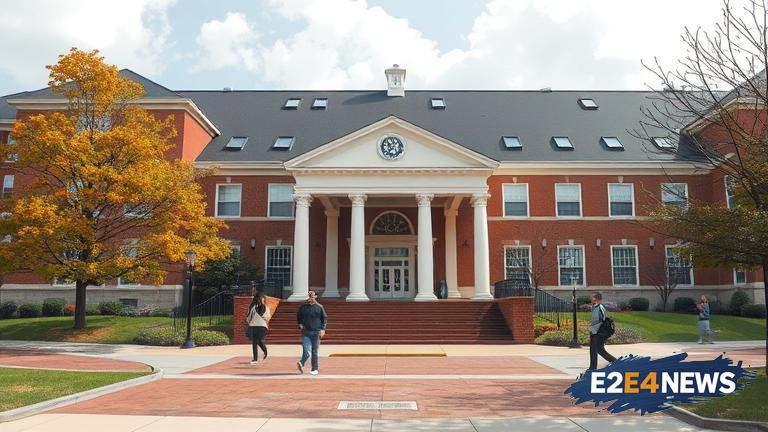In recent months, the Triangle area has witnessed a disturbing trend of active shooter hoaxes, prompting local universities to reassess and strengthen their safety protocols. These hoaxes, which often spread like wildfire on social media, have caused significant disruptions to campus life, sparking fear and anxiety among students, faculty, and staff. In response, universities such as North Carolina State University, University of North Carolina at Chapel Hill, and Duke University have been working tirelessly to enhance their emergency response plans, investing in advanced security systems and providing regular training for campus personnel. A key aspect of these plans involves fostering close relationships with local law enforcement agencies, ensuring seamless communication and coordination in the event of an actual threat. Moreover, universities are placing a strong emphasis on mental health support, recognizing that the emotional toll of these hoaxes can be just as devastating as a real attack. To combat the spread of misinformation, universities are also leveraging social media platforms to disseminate accurate and timely information, helping to alleviate unnecessary panic. The implementation of AI-powered threat detection systems is another critical component, enabling universities to identify and respond to potential threats more efficiently. Despite these efforts, the psychological impact of active shooter hoaxes on students and faculty cannot be overstated, with many reporting increased stress and anxiety levels. To address this, universities are offering counseling services and support groups, providing a safe and confidential space for individuals to share their concerns and emotions. Furthermore, student organizations are playing a vital role in promoting campus safety, organizing awareness campaigns and advocating for greater transparency in university safety protocols. The frequency and audacity of these hoaxes have also raised important questions about the motivations behind them, with some experts pointing to the darker aspects of social media culture. As the situation continues to evolve, local universities remain committed to providing a safe and supportive learning environment, acknowledging that the well-being of their students and faculty is paramount. In the face of these challenges, the Triangle community has come together, demonstrating a remarkable sense of resilience and solidarity. Moving forward, it is essential that universities, law enforcement agencies, and social media platforms collaborate to prevent the spread of misinformation and mitigate the harm caused by active shooter hoaxes. By working together, we can create a safer, more compassionate, and more informed community. The importance of vigilance and preparedness cannot be overstated, as the consequences of inaction could be catastrophic. Ultimately, the safety and well-being of students and faculty depend on a collective effort to address the root causes of these hoaxes and develop effective strategies to prevent them. As the academic year progresses, local universities will continue to monitor the situation closely, adapting their safety protocols as needed to ensure the highest level of protection for their communities. In conclusion, the recent surge in active shooter hoaxes has presented a significant challenge for Triangle universities, but through their swift and decisive actions, they have demonstrated a steadfast commitment to the safety and well-being of their students and faculty.
